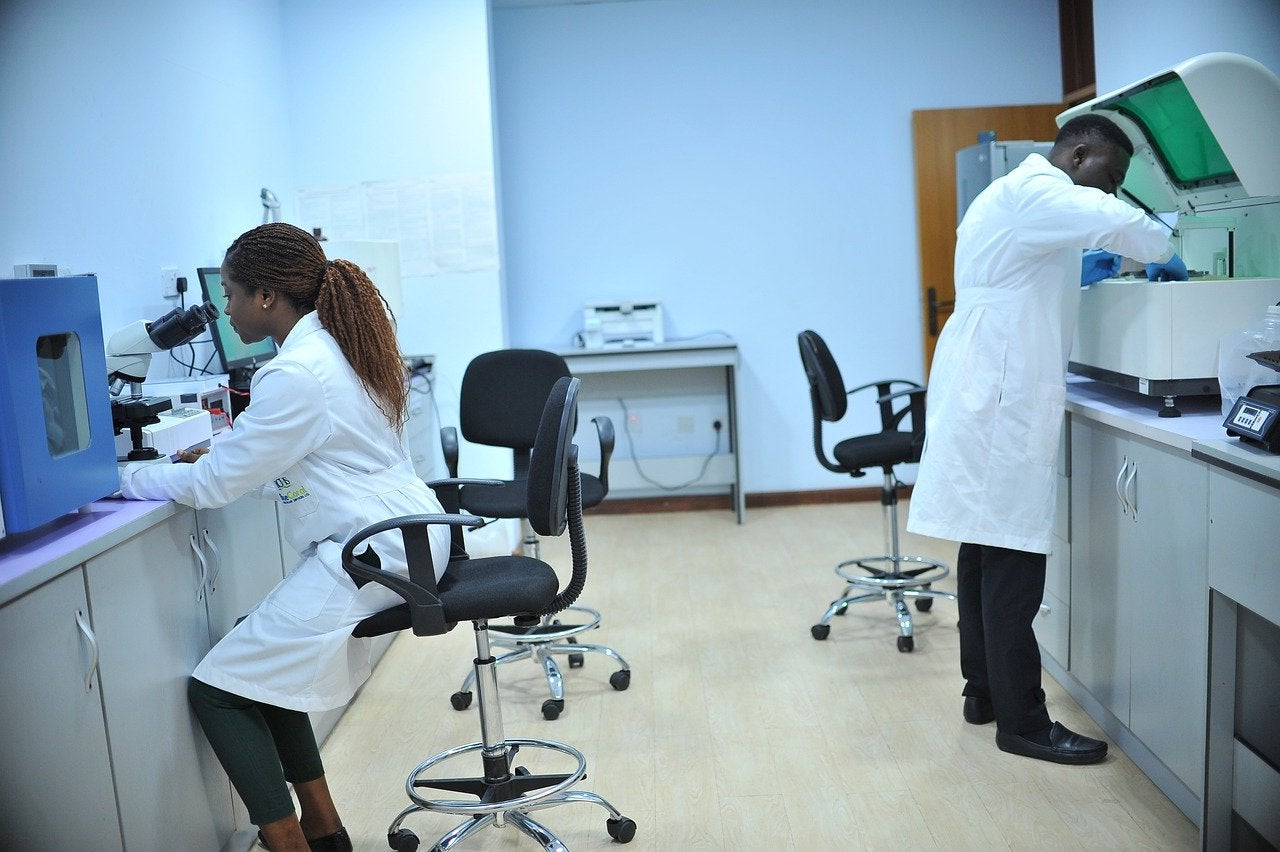
Melbourne-based Australian medical technology start-up Bionic Vision Technologies (BVT) has announced that it is advancing next phase of development for its clinical programme after receiving a grant from the Australian Government.
The company received A$1m from the Medical Research Future Fund to refine its vision processing algorithms.

Discover B2B Marketing That Performs
Combine business intelligence and editorial excellence to reach engaged professionals across 36 leading media platforms.
Bionic Vision Technologies CEO Dr Ash Attia said: “Australia has the capability to lead the world in the development of this new technology that will create high-end research jobs and export opportunities.
“This important funding support will directly advance a world-leading innovation with global market potential.
“BVT is building the foundations for an exciting new Australian medical technology with the potential to improve the lives of millions worldwide.”
The company’s ‘bionic eye’ is designed for people identified with the inherited retinal disease ‘retinitis pigmentosa’. There is currently no cure for this disease.

US Tariffs are shifting - will you react or anticipate?
Don’t let policy changes catch you off guard. Stay proactive with real-time data and expert analysis.
By GlobalDataAccording to the company, clinical trial data from patients implanted with ‘bionic eye’ show that the prosthesis is safe.
BVT added that the device users reported an ‘improved awareness of external objects and surroundings’.
The company received the grant from the Medical Research Future Fund’s BioMedTech Horizons 3.0 programme late last year. The programme supports new medical technologies.
The funds received from the Australian Government will help in concluding the development of ‘sophisticated vision processing software’.
This software ‘turns images taken by a pair of smart glasses into signals’. These signals prompt the brain to generate data about what the device user is ‘seeing’.
It is a major part of BVT’s ‘next generation device’ that is designed to be used in a global study that aims to gather data to support regulatory submissions in key commercial markets.
The device achieved safety and efficacy in its early studies, said BVT.
CSIRO’s Data61, the Centre for Eye Research Australia, Bionics Institute, Tricycle Developments, Cirtec Medical, the Australian National University, Royal Victorian Eye and Ear Hospital, and the University of Melbourne are BVT’s research and development partners and stakeholders.





